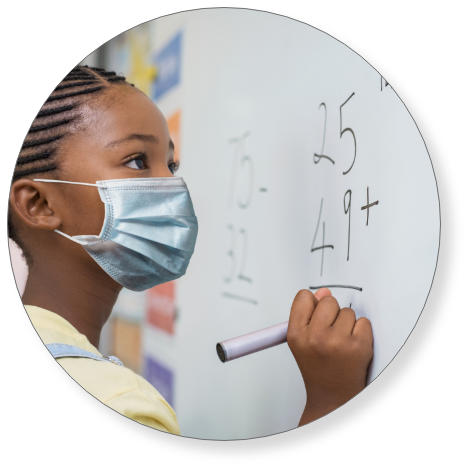CENTER FOR
Teaching, Learning, and Leading
The Teaching, Learning, and Leading Center works in alliance with educators to improve teaching, learning, and leadership so every student is inspired and prepared to thrive as their best self.
Our Objectives
Areas of
Focus

Direct Technical Assistance
The CCEE advises and assists county offices of education (COEs) and local educational agencies (LEAs) in need of targeted assistance in achieving their Local Control and Accountability Plan (LCAP) goals by effectively meeting the needs of disadvantaged youth. An important part of our work is teaming with COEs and other expert resources to build the capacity of individual LEAs through Direct Technical Assistance (DTA).

Systemic Instructional Review (SIR)
The Systemic Instructional Review (SIR) is a Pre-K through 12 comprehensive analysis of the Local Educational Agency (LEAs) instructional systems (academic and social emotional) and implementation of teaching, learning, and leading practices. Educational partners at multiple levels (students, families, teachers, school site staff and administration, governance members, and district office leadership) are involved throughout the data collection process. The SIR aims to identify what improvement strategies may help the LEA ensure that every student is making academic progress and social and emotional growth, so they will be prepared to thrive as their best self.

Learning Acceleration System Grant
The CCEE partners with selected county offices of education to establish a statewide professional development infrastructure to expand the use of evidence-based accelerated learning strategies by educators across the state, particularly in the areas of literacy, mathematics, and language development.

Independent Study Professional Learning Network (ISPLN)
Districts have had to choose between traditional independent study and course-based independent study to create quality short- and long-term remote instruction models that best serve the needs of their students. CCEE invited interested districts to engage in a series of facilitated discussions to capture the questions and need for clarification around the interpretation of statute guiding Independent Study in California. The purpose of these Independent Study Professional Learning Network (ISPLN) meetings was to focus on a problem of practice around independent study, to learn from one another, share best practices, and to be problem-solving oriented. The ISPLN meetings have sunsetted as of July 2023 calendar year.










